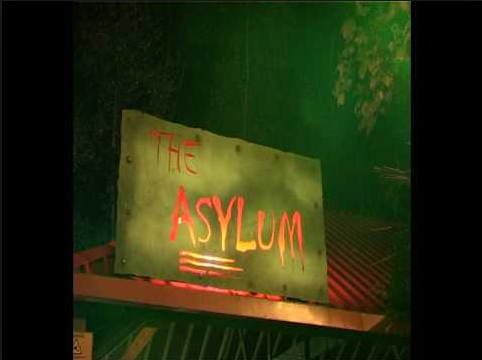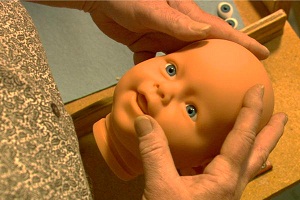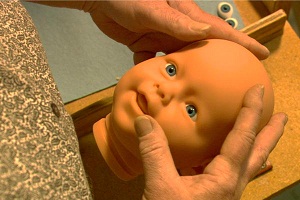Should we do more to help paedophiles?
Follow Rebecca on Twitter here
Luke Malone has published an extremely moving, disturbing, and distressing article in Medium, entitled ‘You’re 16. You’re a pedophile. You don’t want to hurt anyone. What do you do now?’ (warning: Malone’s article contains a graphic description of child abuse). The article focuses on ‘Adam’, a young man who, aged 16, was horrified to discover that he was sexually attracted to children. Disturbed by his sexual desires, and desperate to avoid acting on them, he suffered depression and initially used child pornography as an outlet for his feelings. (He subsequently stopped doing this.) Adam describes how he eventually went to see a therapist, who was unsympathetic, inexperienced in this area, and ultimately of little help. It turns out that, despite the fact that paedophilia is recognised as a mental disorder, there are major obstacles to helping people who, like Adam, are desperate to avoid harming children. Malone summarises some of the main problems:Read More »Should we do more to help paedophiles?



